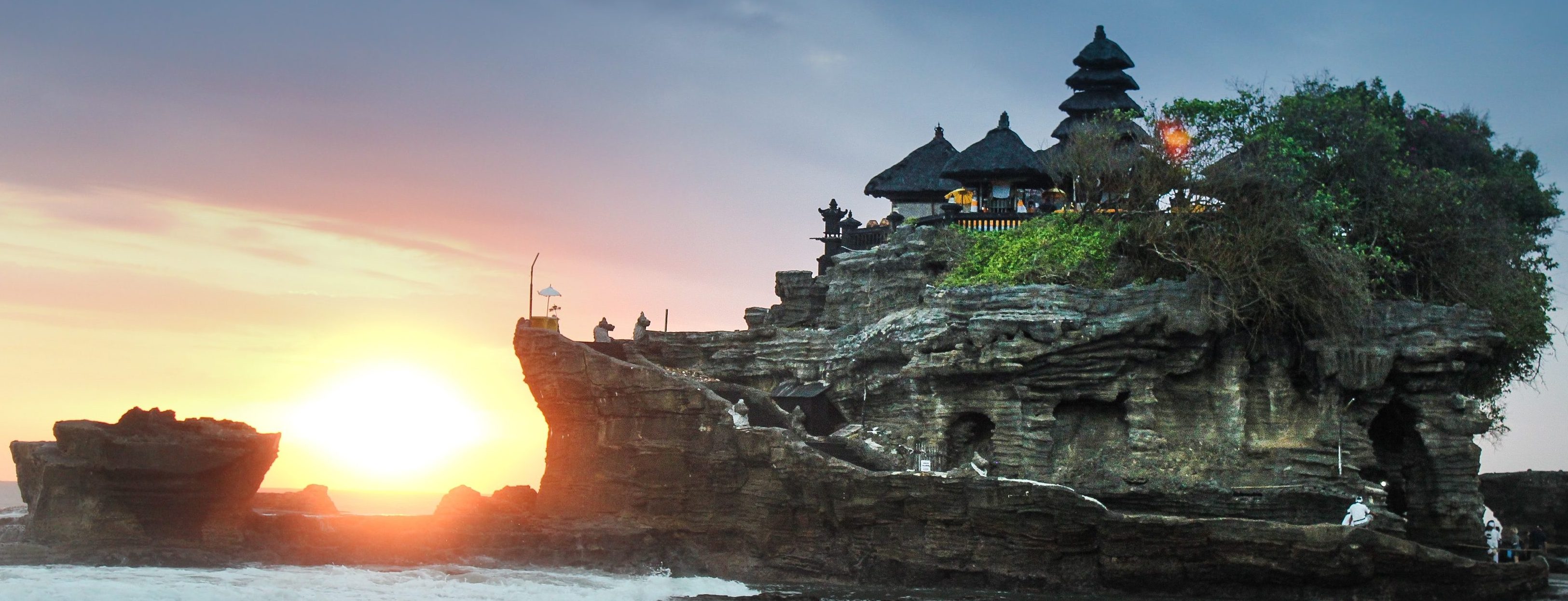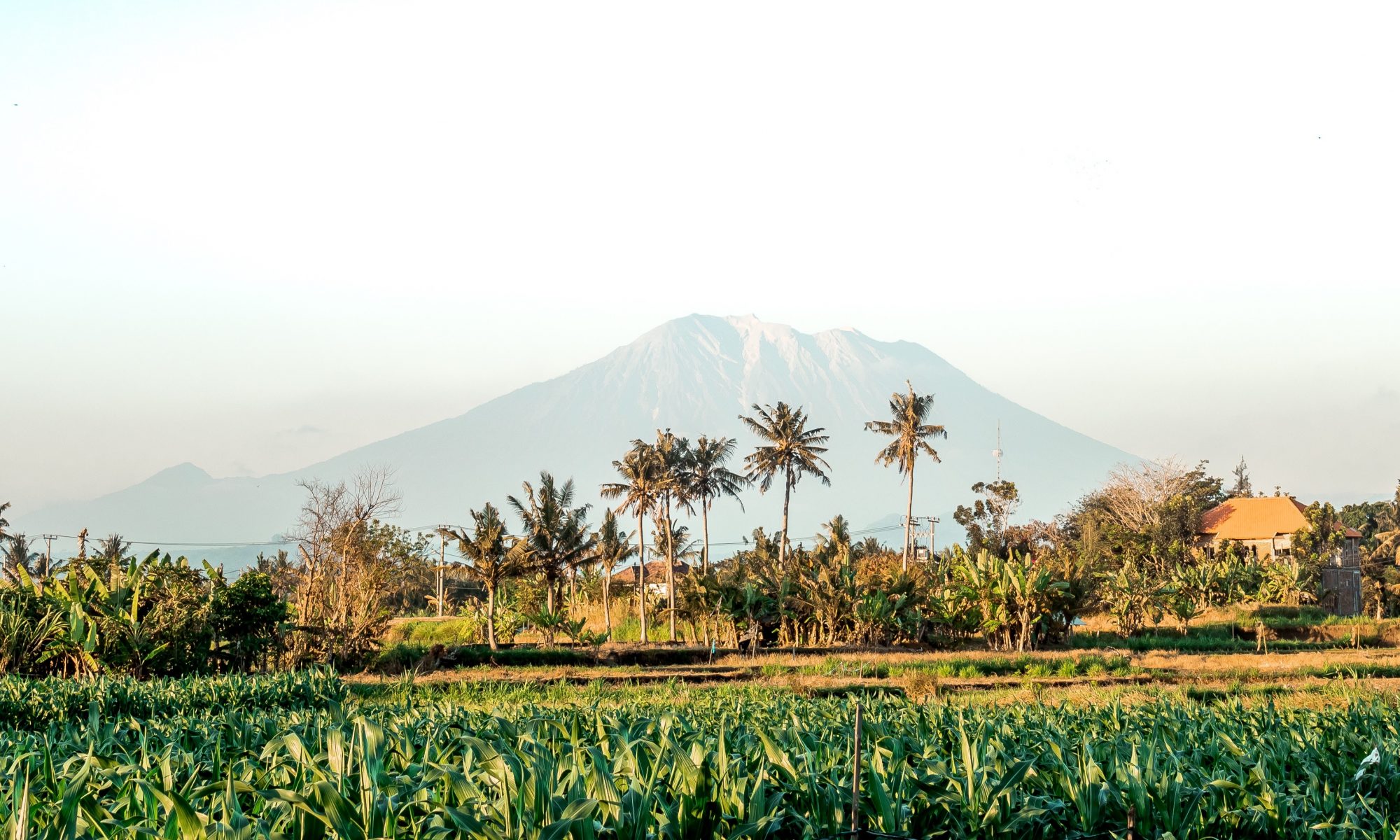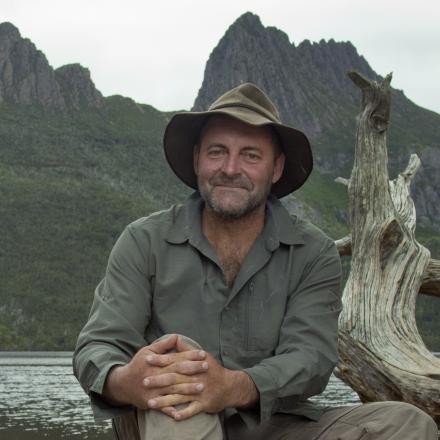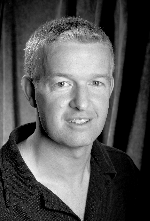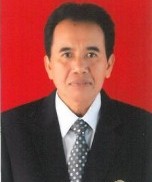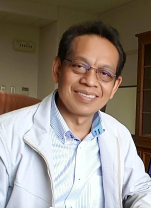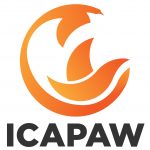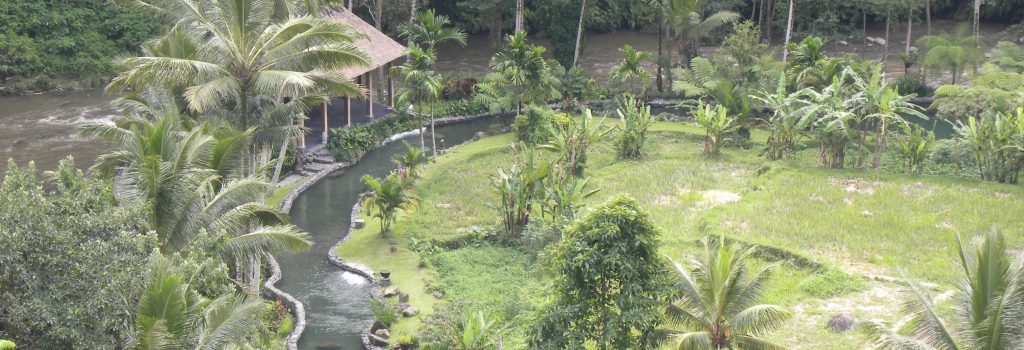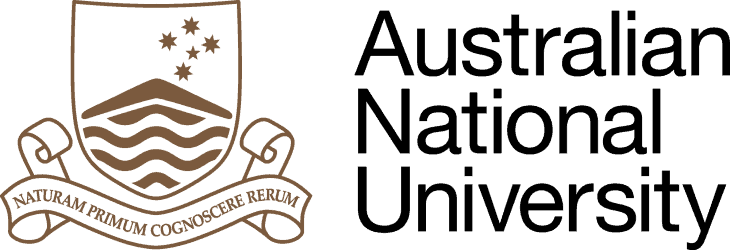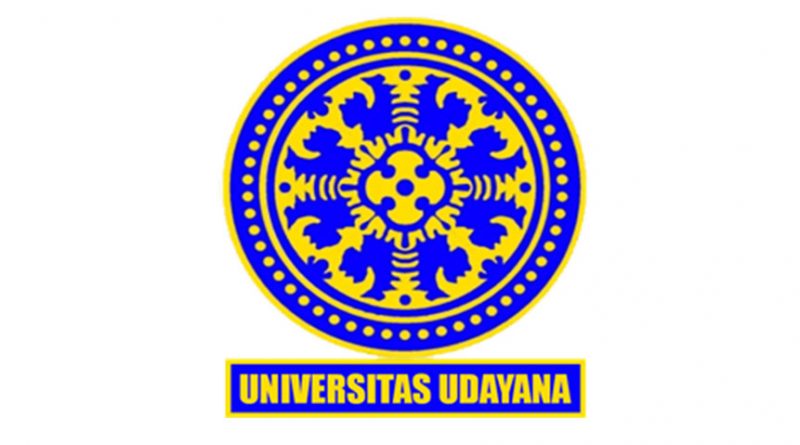I discuss different variables involved in the competition dynamics of eco-linguistic equilibrium affecting the wellbeing of minority languages, based on my documentation research on minority Austronesian and Papuan languages of Indonesia. Extending the notion of ecological equilibrium to include language as part of larger co-existence and mutual interactions of humans with their natural-biological, social-cultural-symbolic, and cognitive ecologies (Haugen 1972, Næss 2008, Chen 2016, among others), I argue for the significance of symbolic social-cognitive variable for a healthy eco-linguistic equilibrium of a minority language. There is good empirical evidence from Loloan Malay (an Austronesian language spoken in western Bali) showing that small population size is not a detriment to the language’s well being in the competition dynamics in multilingual setting, and that high language vitality is tightly associated with the identity-related symbolic status of the language. Nevertheless, in the case of Marori (a highly endangered Papuan languge of Merauke) and Enggano (an Austronesian language on Enggano Island, southwest of Bengkulu), the population size with an increasingly dwindling number of speakers is indeed a critical variable, seriously affecting the equilibrium resulting in rapid language shift. In the full paper, I provide further support for the close connection of language’s well being, distinctive identities and the speakers’ dynamic ecology, and also discuss language advocacy, literacy resources and other strategies mitigating the negative effect of the competition dynamics of languages in contemporary Indonesia.
References
Chen, Sibo. 2016. “Language and ecology: A content analysis of ecolinguistics as an emerging research field.” Ampersand no. 3:108-116.
Haugen, E. 1972. The Ecology of Language. Redwood City, CA: Stanford University Press.
Næss, A. 2008. “Ecology of Wisdom: Writings by Arne Næss.” In, edited by A.R. Drengson and B. Devall. Counterpoint, Berkeley, CA.

